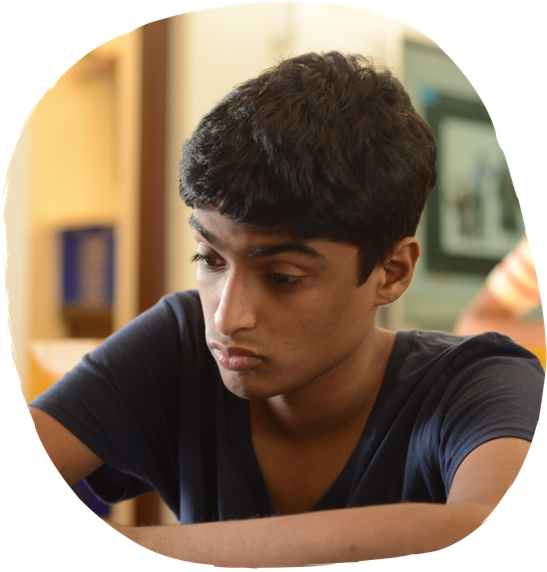
Our Academic
Secondary School
Every Thinker, Every Challenge, Every Future
PROGRAM DESIGN
Empowering Neurodivergent Teens for the Future
Sense Kaleidoscopes equips neurodivergent teens with the critical thinking, executive functioning, and self-advocacy skills needed for future success. Our adaptive curriculum blends academic learning, vocational training, and mental health support, helping students navigate real-world challenges with confidence. With a 21st-century skill focus, personalized instruction, and a community-driven approach, we prepare students for higher education, careers, and independent living.
HIGHLIGHTS
India's first secondary school for neurodivergent learners
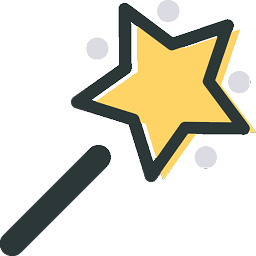
Adaptive Learning Paths
A strength-based curriculum that allows students to progress at their own pace while meeting academic, emotional, and vocational milestones.

21st-Century Skills Training
Developing critical thinking, problem-solving, digital literacy, and adaptability for a future-ready mindset.

Self-Advocacy & Independence
Fostering executive functioning skills that help students manage their time, set goals, and make informed decisions.

Technology-Enabled Learning
SMART Boards, assistive technology, and digital tools enhance comprehension and communication.
METHODOLOGY
Empowering Teens for Independence & Growth

Advanced Academic & Vocational Training
Strength-based curriculum that integrates literacy, numeracy, critical thinking, and pre-vocational skills tailored for higher education and creative careers.

21st-Century Skills & Innovation
Focus on digital literacy, coding, design thinking, and adaptability to prepare students for a tech-driven future.

Mental Health & Emotional Well-Being
An attachment-based model supports self-awareness, resilience, and self-advocacy, ensuring mental and emotional stability.

Future Pathways & Creative Careers
Through partnerships and our Art College, students gain practical skills in fine arts, illustration, and creative entrepreneurship, leading to opportunities in arts-based industries.
parent's role
Supporting adolescence with insight & care
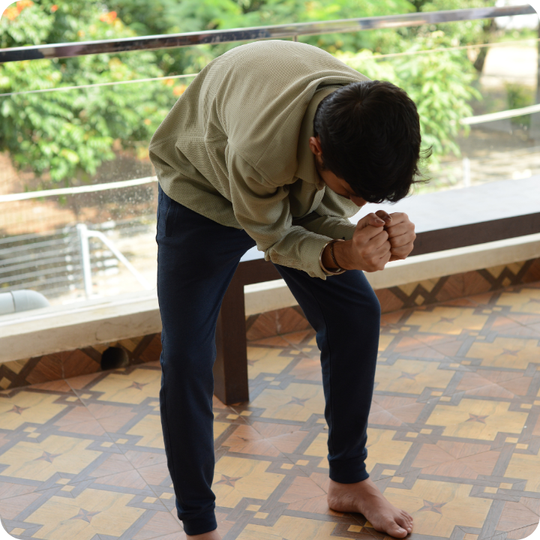
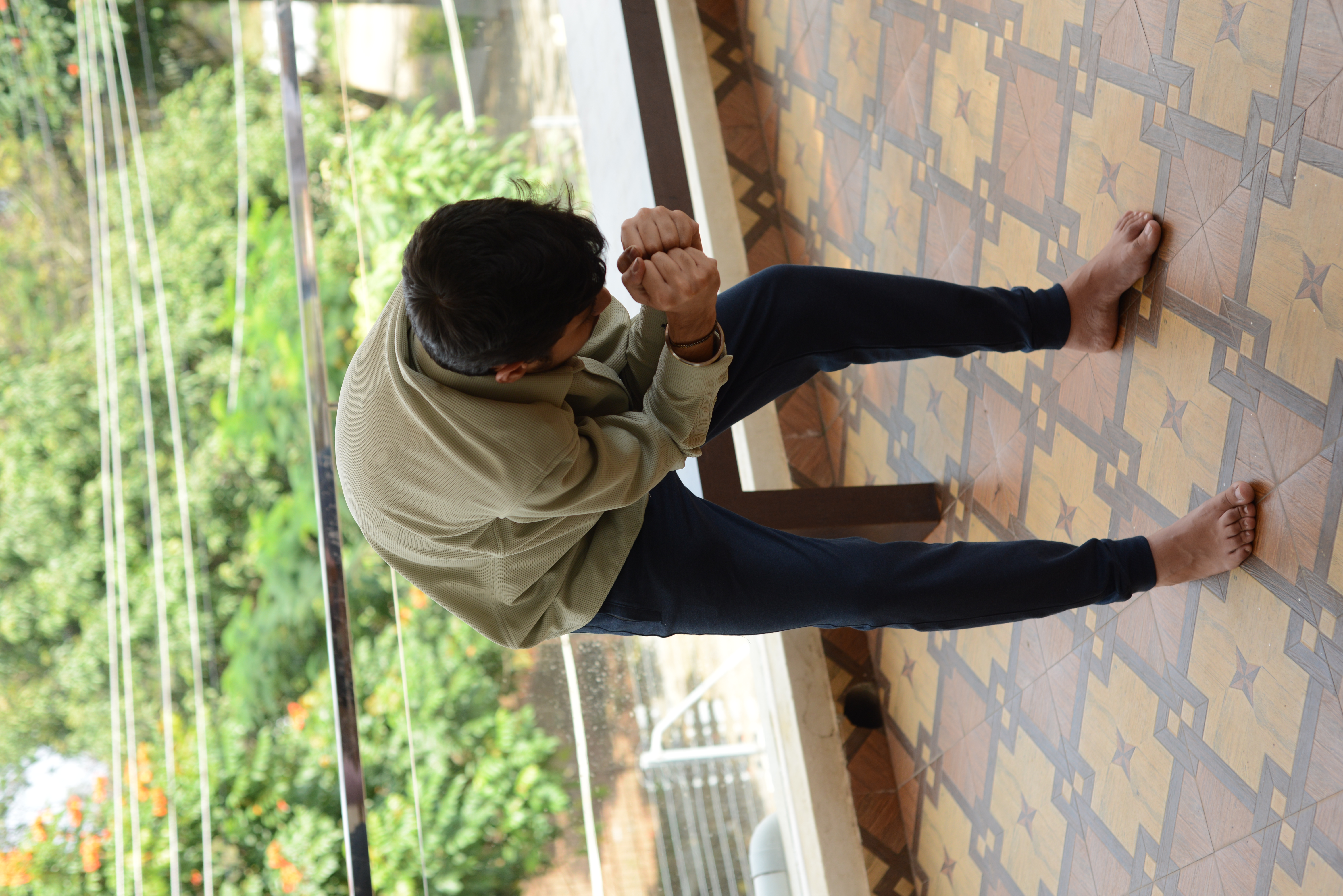
why it matters
The Reality in India
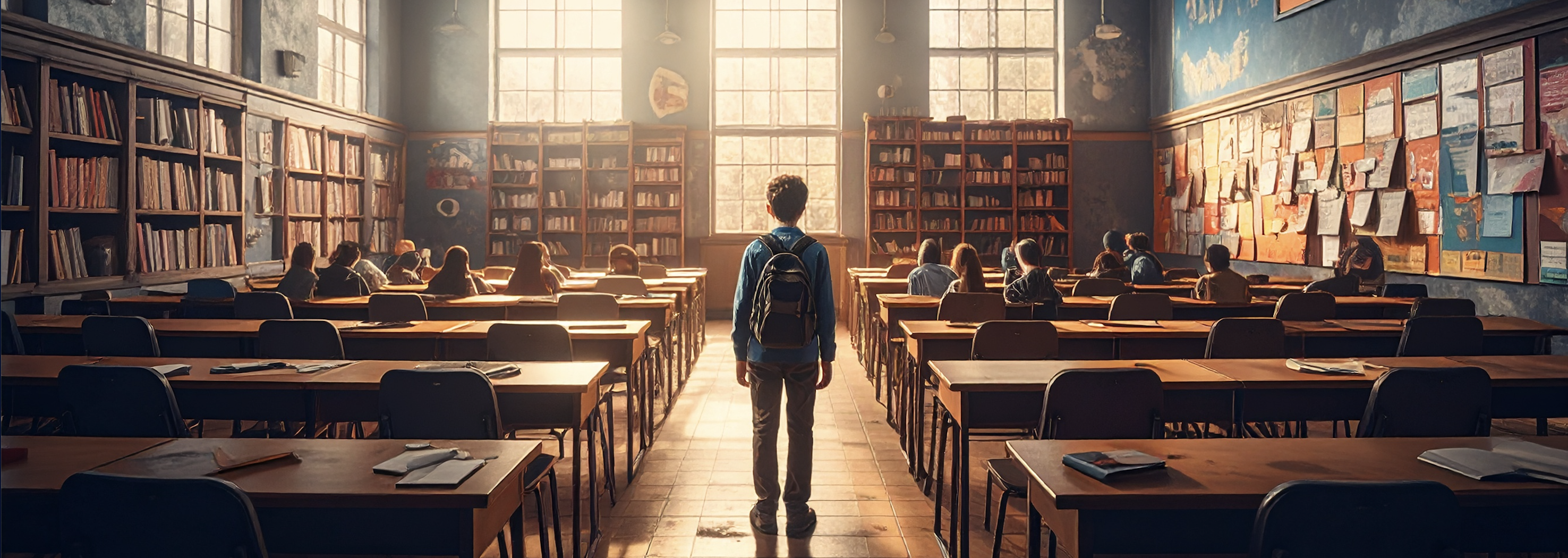
How SK Fills the Gap
ACHIEVEMENTS
Life after the programme
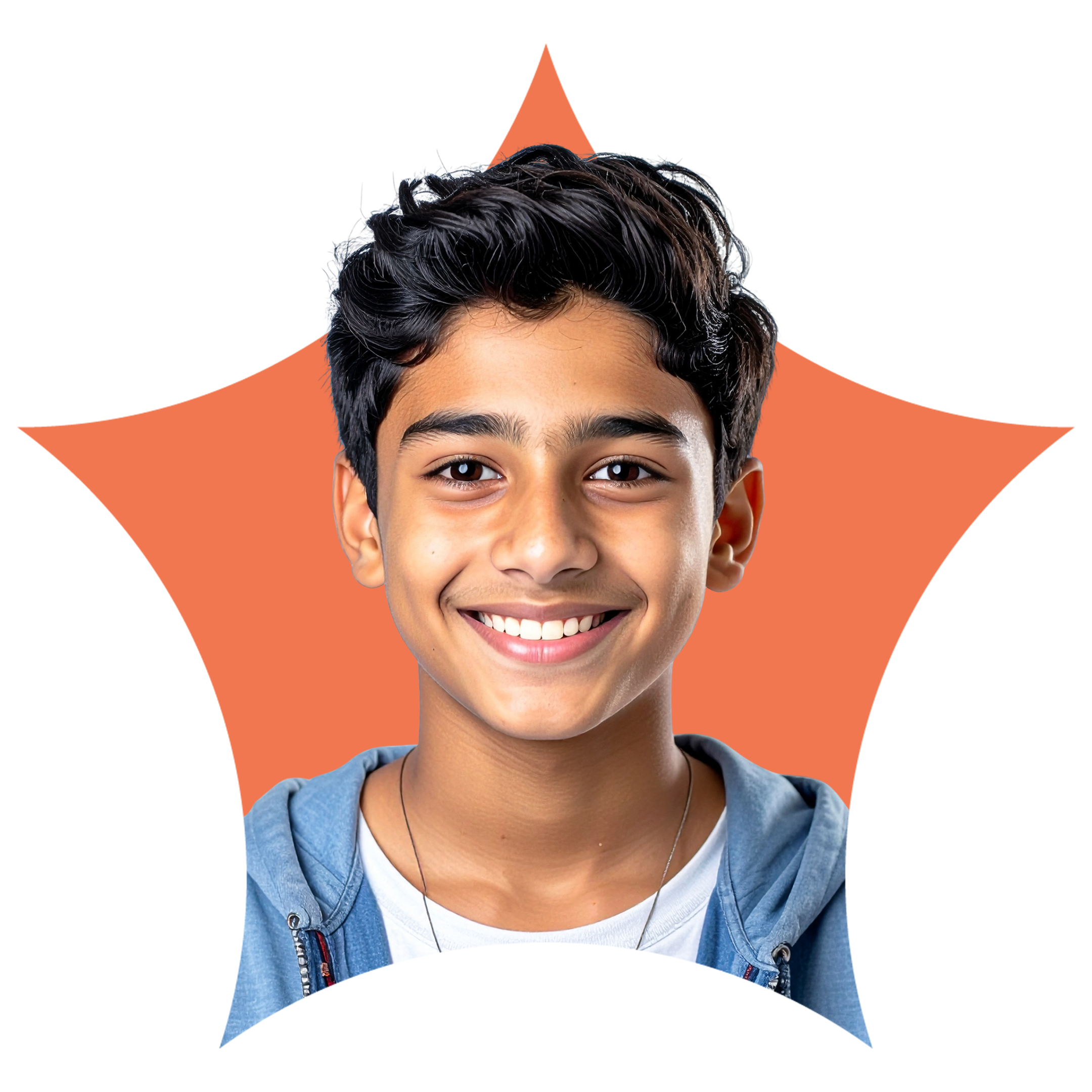
Active & Engaged Learners
Students take ownership of their learning through academic, vocational, and real-world projects, demonstrating higher initiative and responsibility.
Enhanced Critical Thinking & Adaptability
Students show notable growth in problem-solving and cognitive flexibility, supported by research on the benefits of project-based learning.
Social-Emotional Growth
Stronger self-regulation, confidence, and teamwork, prepare students for adulthood and support better social integration.
Tech & Career Readiness
By engaging with digital tools and assistive technologies, students develop practical, marketable skills for employment and creative entrepreneurship.
Successful Transitions & Independence
students demonstrate greater independence in navigating exams, advocating for themselves, and building a strong foundation for life beyond school.

Active & Engaged Learners
Students take ownership of their learning through academic, vocational, and real-world projects, demonstrating higher initiative and responsibility.
Enhanced Critical Thinking & Adaptability
Students show notable growth in problem-solving and cognitive flexibility, supported by research on the benefits of project-based learning.
Social-Emotional Growth
Stronger self-regulation, confidence, and teamwork, prepare students for adulthood and support better social integration.
Tech & Career Readiness
By engaging with digital tools and assistive technologies, students develop practical, marketable skills for employment and creative entrepreneurship.
Successful Transitions & Independence
students demonstrate greater independence in navigating exams, advocating for themselves, and building a strong foundation for life beyond school.
apply now
Empower your
teen's future
We invite you to be part of a innovative learning experience tailored to neurodivergent children.
Together, let's unlock your child's full potential!
Why choose Sense Kaleidoscopes?
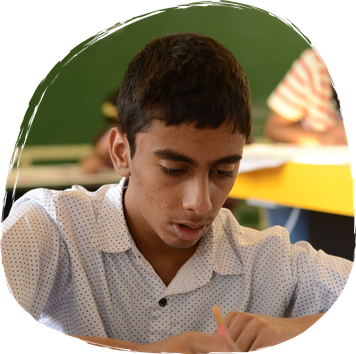
Vedanth's Journey: From Hiding to Healing

Vedanth's Journey: From Hiding to Healing
Have some questions?
Is this program available in other cities or online?
Do you offer life skills and executive functioning training?
How do you measure readiness for college, work, or independence?
Do teens learn in groups or one-on-one?
How much structure vs flexibility is there?
Can students use their own devices?
Is there support for siblings or caregivers?
Will my teen be able to go to college after this?
Do students here make real friends?
Why is empathy such a big part of your curriculum?
How are academics taught through art, food, or media?
Is SK just another special school or therapy centre?
Are assessments required before joining?
Is there a final report card or portfolio?
How do you support emotional safety if my teen has been through trauma?
How do you support emotional regulation in teens?
What if my teen has been aggressive or shut down emotionally — can empathy still help?
How are safety, privacy, and dignity handled?
How does empathy help with my teen’s mental health?
Why is your curriculum designed this way — with food, art, tech, media, and so many real-life tools?
What’s the policy if a child needs more support than SK can provide?
How do you support teens who’ve faced bullying or social rejection?
Is GoZen part of a mental health curriculum?
Why not just prepare students for exams and move on?
Are you preparing children for exams or real life?
Is my teen too old or too far behind to join?
Do you help teens plan for long-term goals or pathways?
What tools do you use to track emotional or social growth?
What kinds of art or design skills are taught?
What does an “empathy-based” classroom look like in practice?
Isn’t it risky to move away from textbook learning?
What assistive tools or platforms do you use?
What is the fee structure?
How do you handle disagreements between family and teen?
How do you teach boundaries, empathy, or emotional literacy?
But how can cooking or a show like Atypical teach academic skills?
Do you evaluate creativity or skill-building?
Do you support LGBTQ+ or gender-diverse teens?
What if my teen prefers to be alone?
Do you offer tech-based subjects like coding or digital literacy?
What are “functional academics” and why do they matter?
What’s the long-term vision behind the secondary school?
How do you support twice-exceptional (2e) teens here?
How is this different from inclusive schooling?
What is the admission process for the secondary program?
How can I support my teen at home without causing friction?
Do you offer parent training or support for teenage challenges?
What is the role of parents in the teen program?
What support do you provide for job-readiness or internships?
Can students shift into a different board later on?
What do you do if a teen has a meltdown, shutdown, or outburst?
What’s the student-teacher ratio?
What about children who need routine and repetition? Can this kind of curriculum still work for them?
How do you help teens rebuild after years of school trauma?
How do you use SMART technology in teaching?
How is your curriculum designed for autism?
How do you decide if a child is a fit?
What kinds of classrooms or spaces do you have?
How do you use obsessions and deep interests as pathways to growth?
Why do you use shows like Atypical, Lonely Planet, or GoZen in class?
Do you teach grammar, math, and science through culinary work?
What subjects do you teach? Is there a real academic curriculum?
My child masks well — will they still benefit from SK?
Can I enrol my teen mid-year?
Do parents get regular reports or updates?
How do you track academic progress?
Why are there shows, games, and cooking in the timetable?
What does a typical day look like at SK?
What if my teen hates worksheets or struggles with writing?
What is project-based learning and how do you use it?
What kind of teen is this program for?
Why do most parents only find SK after other schools fail?
Why does SK offer a separate secondary program for teens?
What happens after SK — do you help with transition support?
Isn’t empathy something kids are just supposed to “have”? Why teach it?
How do you integrate critical thinking or problem solving?
Do you offer board certification like NIOS?
This is not just school—
it's preparation for life.
We're reimagining what adolescence can look like when teens are seen, supported, and skilled to build futures rooted in independence, well-being, and meaningful careers.
Contact us
#139, Samyuktha Manne, Asha Greenrich County, Mitaganahalli, New Airport Road, Bengaluru – 562149
Monday to Friday
9:30 am to 5:30 pm
Saturday
10 am to 3 pm
©Ayathi Trust 2023
Design by Small Town Folk & developed by
Incresco Technologies



